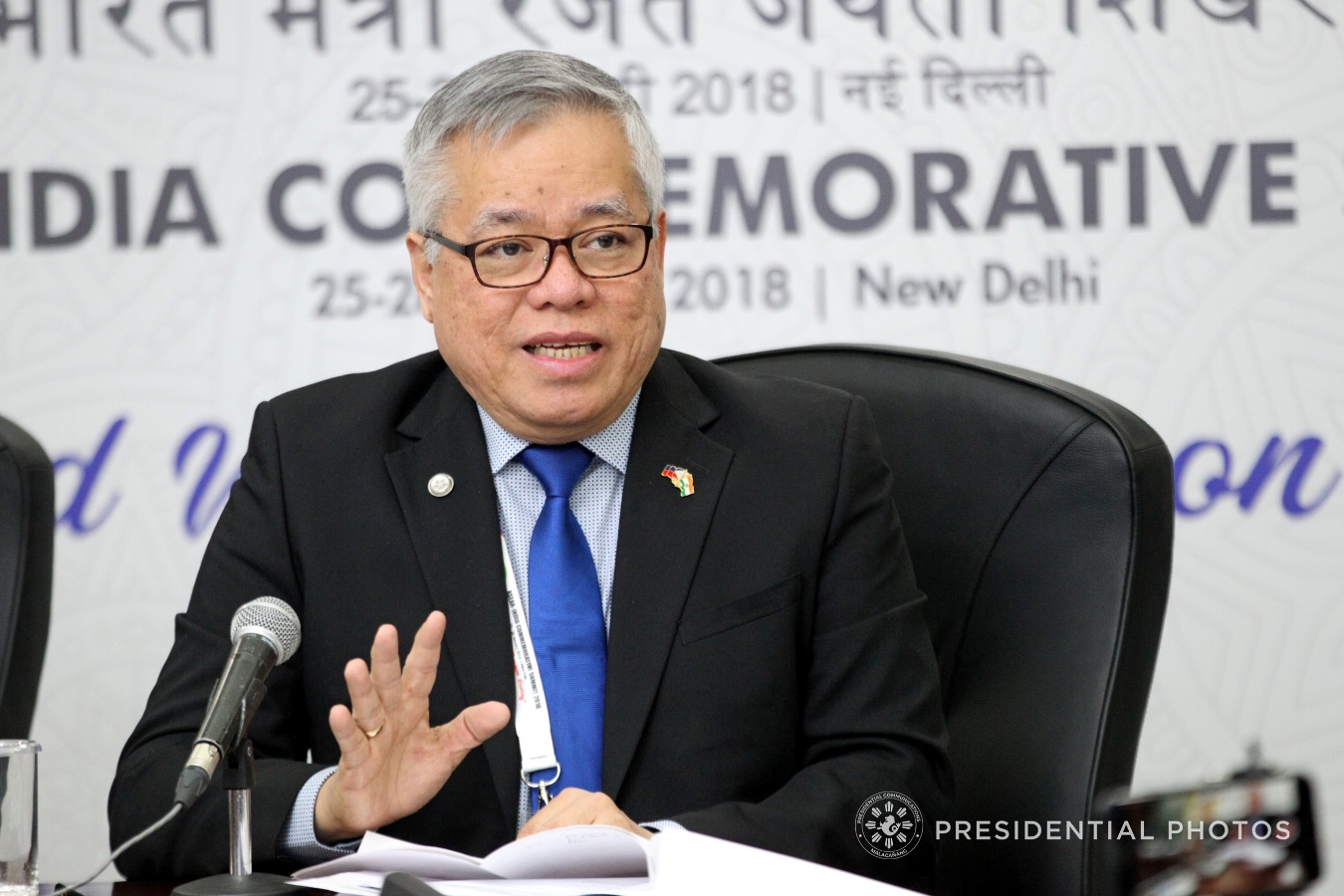
MANILA — Trade Secretary Ramon Lopez admitted that reducing tariff rates on some imported products may not help in easing price pressures.
Lopez said the meeting last week of the Committee on Tariff and Related Matters (CTRM) has concluded that most of the agricultural products imported by the country are sourced from free trade agreement (FTA) partners where duties are eliminated or reduced.
“Based on the report of Tariff Commission, modifying the tariff rates will not have a significant impact on the prices of agricultural products because many of these have lower tariff base already, or would have landed costs lower than local prices,” he said.
Earlier, the trade chief said the government eyed lowering import duties on products where inflation rate is high.
“After consulting with various stakeholders as well as the current status of tariff rates, there’ll be minimum movement if we bring the tariff to 5 percent. So, this would not be the solution,” Lopez said.
The government, he said, should instead implement measures that will improve the supplies of goods and commodities, particularly on products which inflation further increased due to supply constraints such as fish, rice, sugar, and some meat products.
“[We] focus on supply-oriented actions and volume enhancements that would have immediate impact,” he added.
The Department of Agriculture (DA) already issued a Certificate of Necessity to accredited fish importers to allow outsourcing of “galunggong” (round scad) up to 17,000 metric tons.
The government will only limit the unloading of the imported fish in cold storage accredited by the Bureau of Fisheries and Aquatic Resources (BFAR) and will only be sold in Navotas fishport.
To boost supply of poultry products, the DA requested the Bureau of Customs for temporary suspension of Special Safeguard Measures on chicken meat imports.
DA Secretary Emmanuel Piñol has warned importers of pork to utilize the allotted minimum access volume (MAV) or have their certificates be cancelled. It was reported that certificate holders only used 50 percent of the MAV allocation to import pork.
“We need to focus our efforts in finding realistic and practical solutions to lower the prices while balancing the interests of both consumers and producers,” Lopez said.